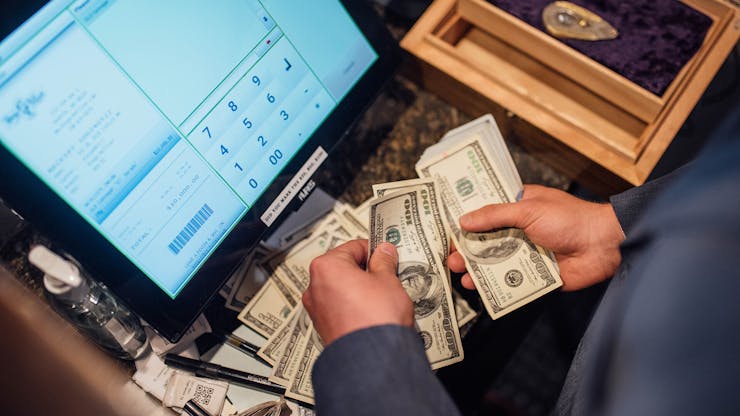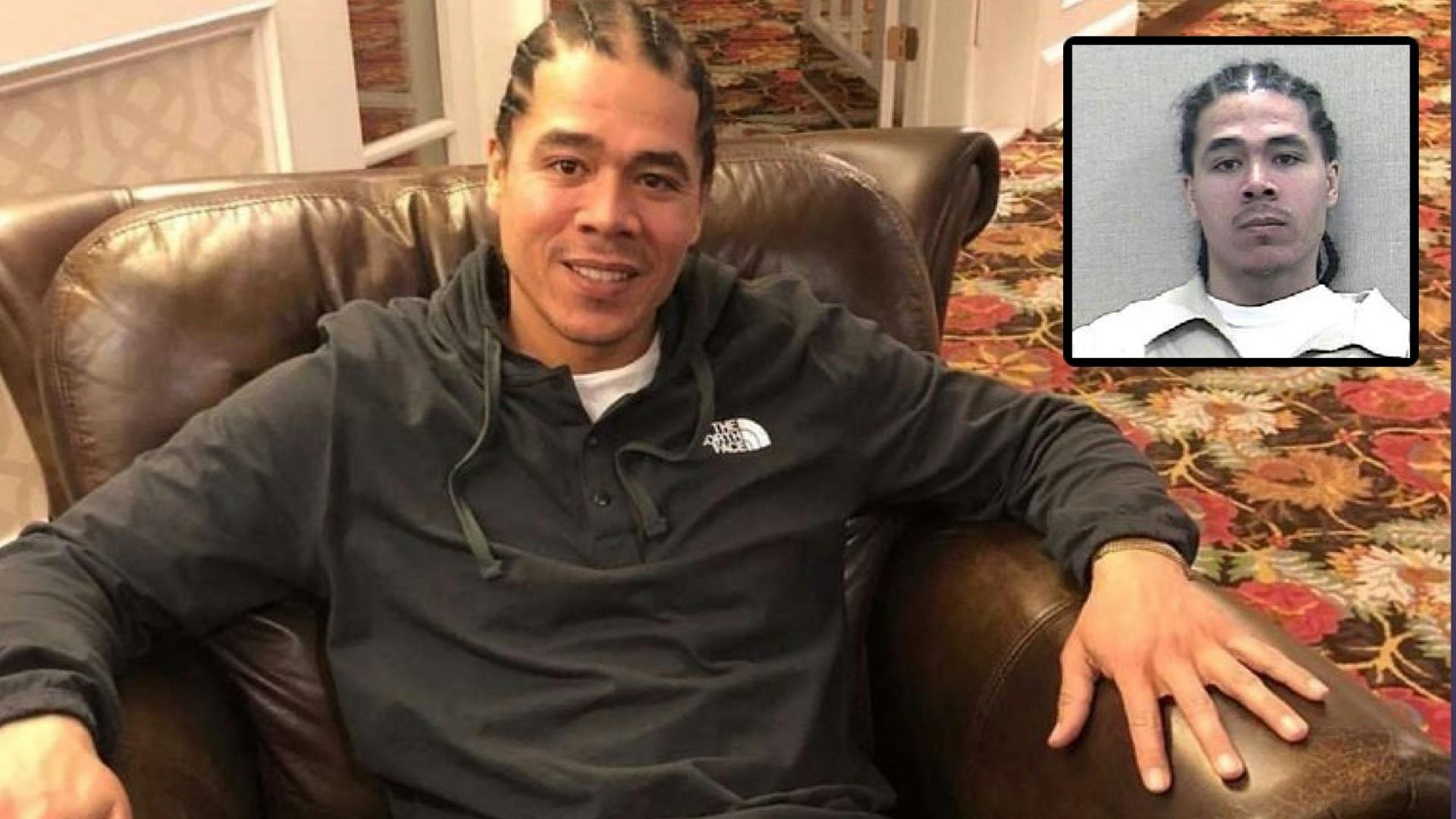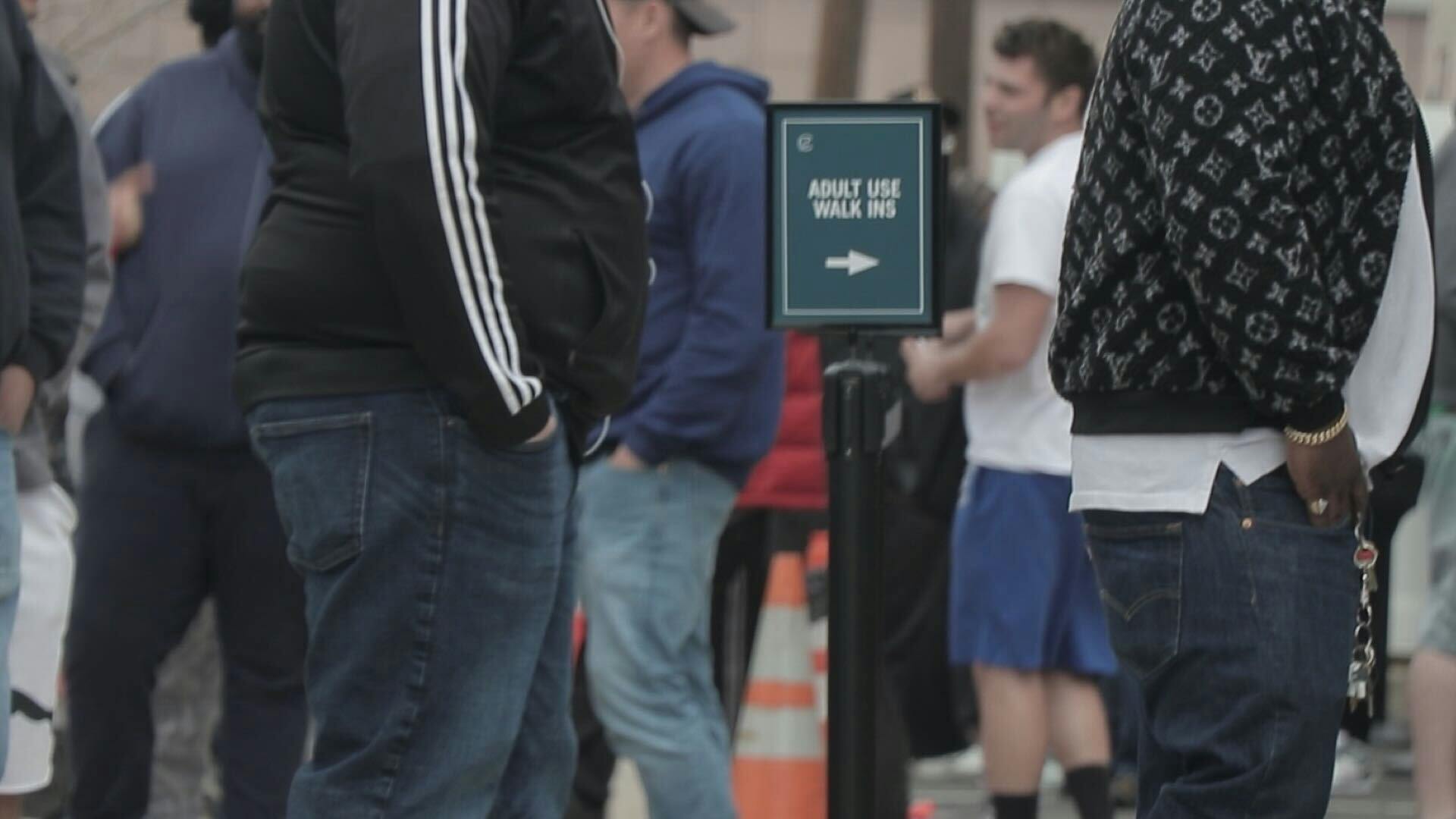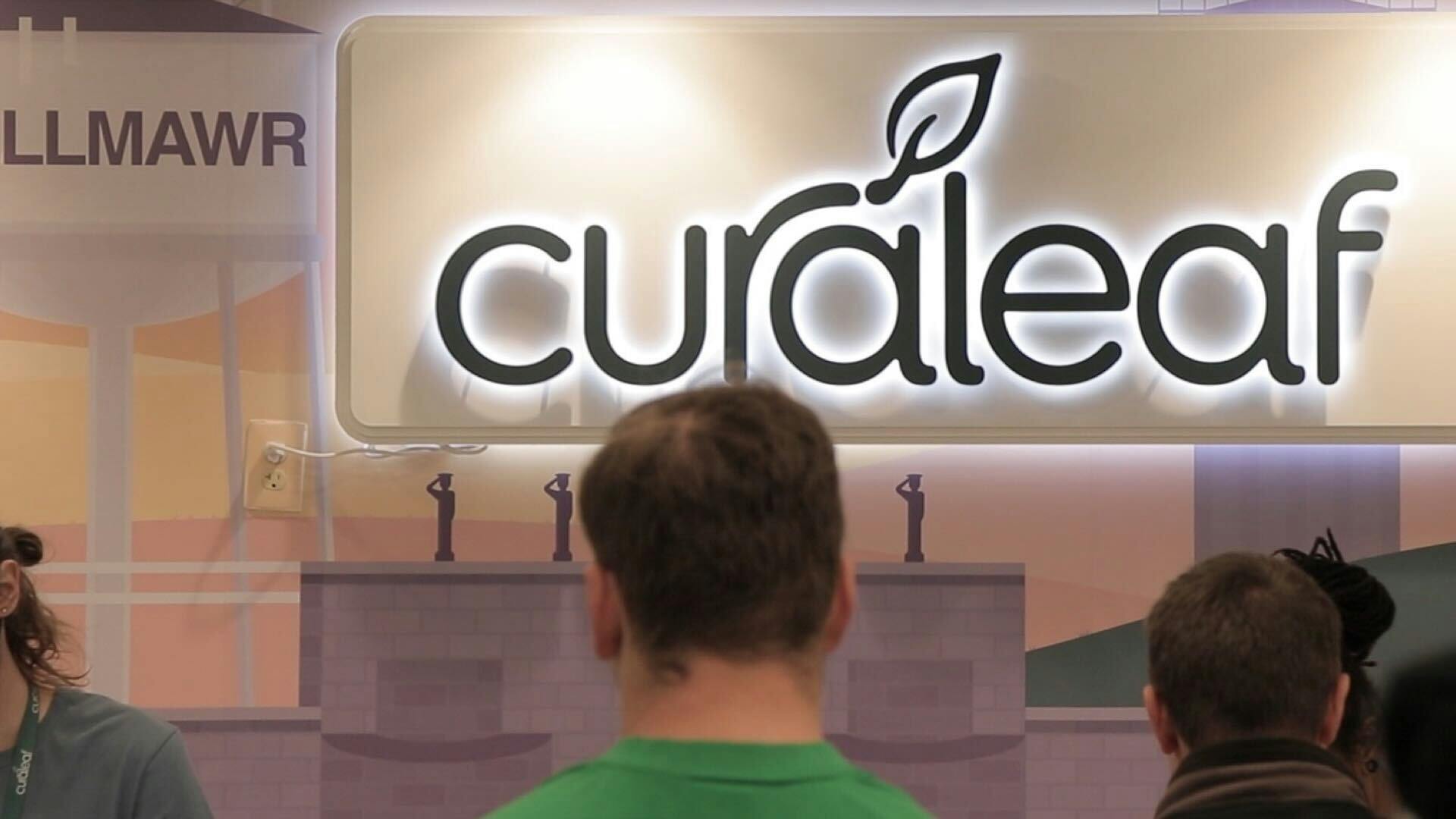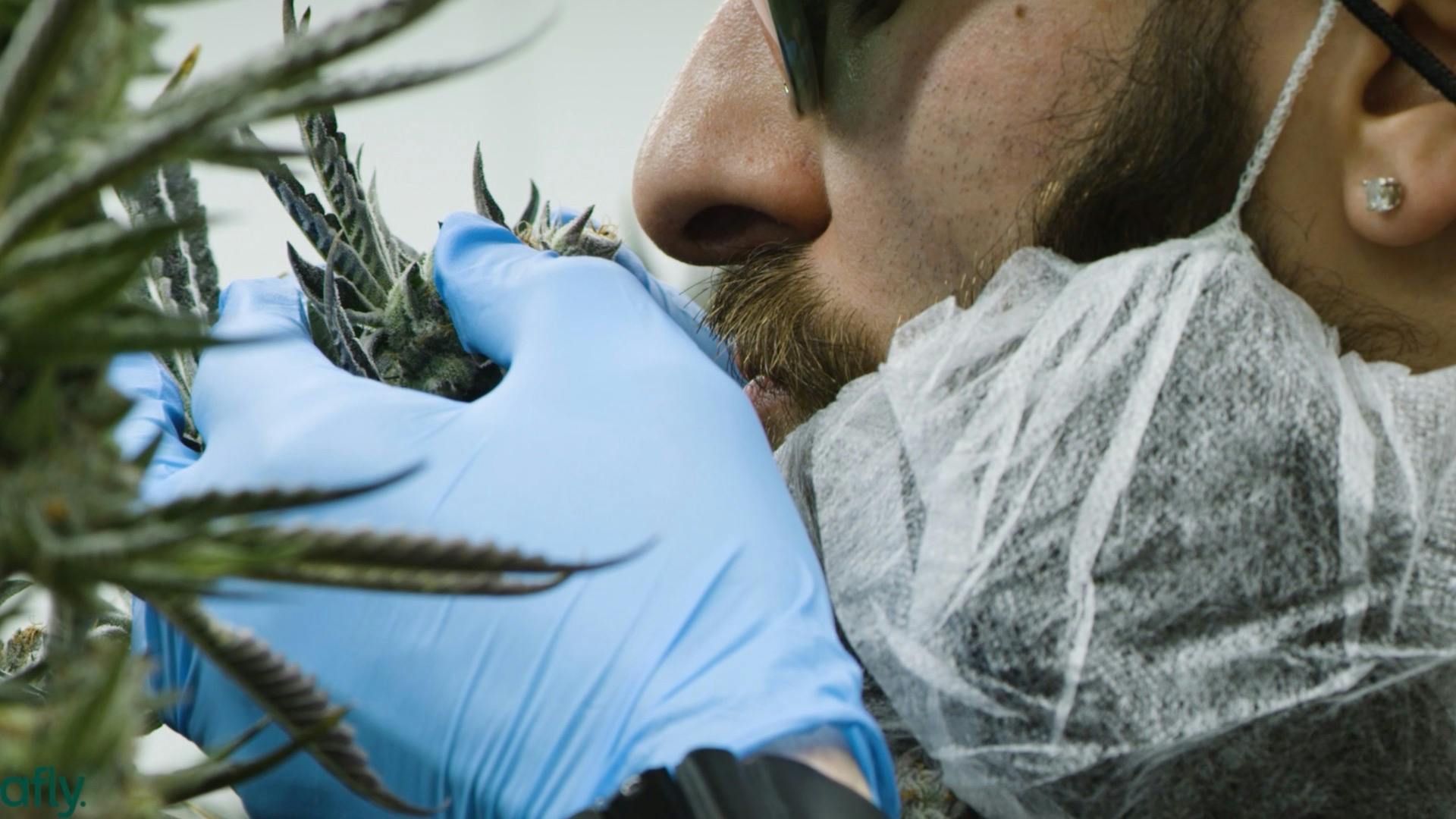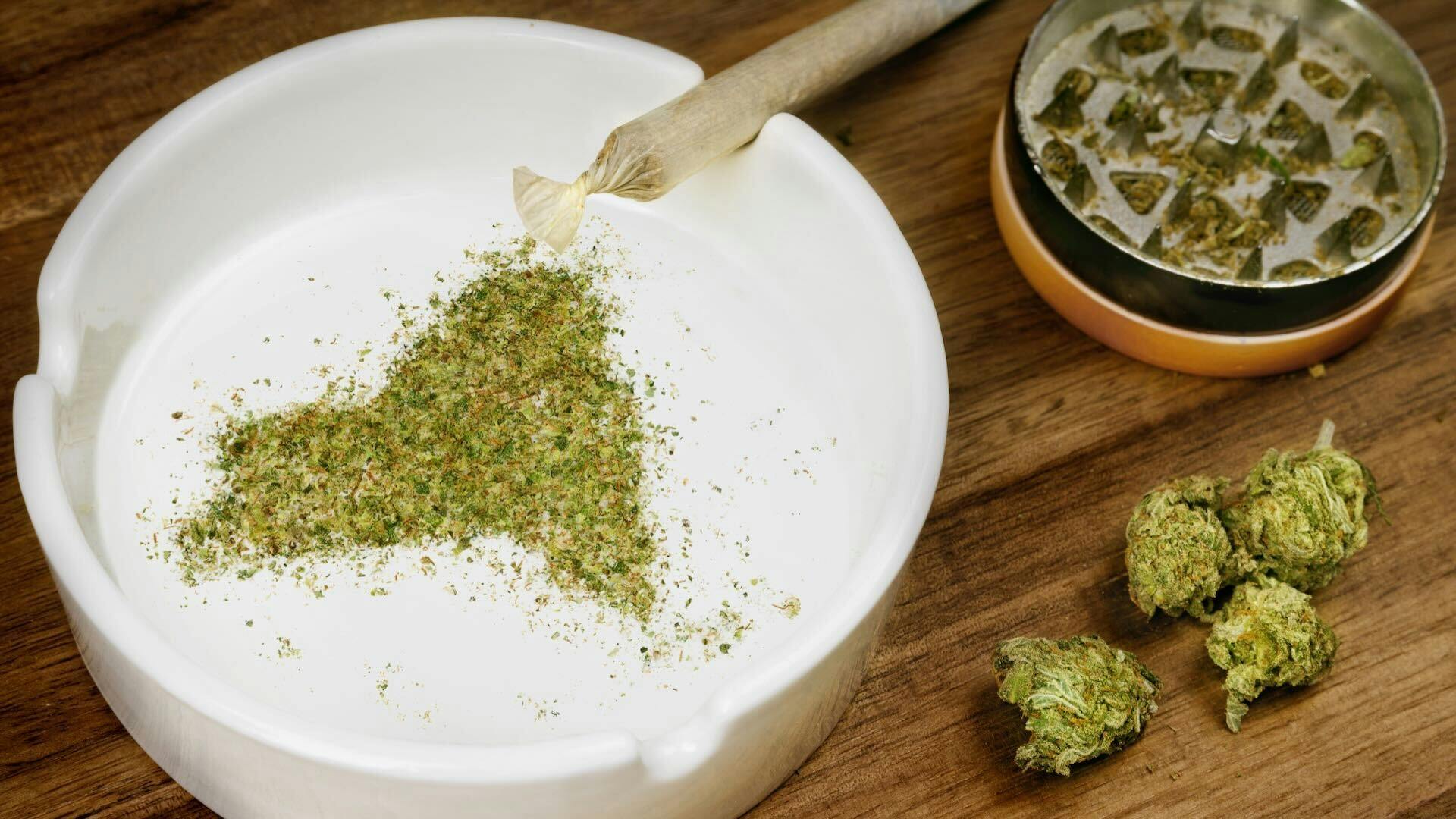Big fines from the tiny state set a stern example for how regulators nationwide should deal with multi-state cannabis companies.
In April, New Jersey got a jumpstart in the race to win the weed-wild East. Three months later, a handful of the state’s day-one dispensaries were clipped for unauthorized sales they reportedly made out of the gate.
Five multi-state operators (MSOs) failed to follow the strict guidelines NJ’s Cannabis Regulatory Commission (CRC) set to ensure medical patients never face delays or shortages caused by the state’s expansion from medical to adult-use sales.
The fines were handed down in late May after the CRC found that almost 3,200 products were sold to non-medical buyers between April 21 and 29 during patient-only hours. Some of the companies that were fined said their medical patients had already stocked up on deals ahead of the 420 holiday, so they had no interest in joining the April 21 rush for day one of adult-use sales.
“Because of sales and events leading up to the first days of adult use sales, a vast number of our medical patients had stocked up on products before the 21st, resulting in virtually no lines at our facility at the time.”
Curaleaf spokeswoman Stephanie Cunha
There have been no reports of access interruption for any patients statewide, since few patients showed up in the first few days of NJ’s new weed market. But it’s the principle of the matter for NJ’s cannabis board.

The CRC is fighting initial concerns about NJ’s ability to lead legalization in the tri-state area ahead of major neighboring markets like New York City and Philadelphia. Many of New Jersey’s first dispensaries are strategically placed just outside of these huge metro areas, which helped them haul in $24 million in the first month of sales (April 21 to May 21).
The fines add up to a slap on the wrist for the national giants. But the swift discipline sets a strong example for states near and far. Lawmakers and regulators nationwide must work harder to stop MSOs from taking advantage of local and medical communities.
Here’s who got fined and how much
The five ventures fined include: Acreage Holdings Inc., Ascend Wellness Holdings Inc, Curaleaf Holdings Inc., Green Thumb Industries Inc. and Verano Holdings Corp. These are some of the most wide-reaching businesses in the entire industry. You can view the full notices of action on the CRC website here.
The five companies accumulated $350,000 in total fines ($10,000 per day of rule violation).
Acreage was levied to pay $60,000 while Ascend’s ticket was $80,000. Curaleaf’s grand total was $50,000, with another $80,000 reported from Green Thumb (GTI), and Verano hitting the high score of $90,000.
Curaleaf took ownership in a statement that said the company “acknowledges responsibility for these citations and have paid our fines to the state. During the first few days of adult use sales in New Jersey we were responding to the overwhelming lines and demand at our facility for adult use,” the statement read.
Shop highly rated dispensaries near you
Showing you dispensaries nearDespite the misstep, Curaleaf insists its dispensaries are “living up to our promise to provide two designated hours to the medical community at each of our locations every day.”

Acreage said the violations were caused by their staff’s strong attentiveness to customers. “Our staff takes extra time and care to ensure every guest has their questions answered and needs met, when they visit our stores,” said Sharon Ali, Regional General Manager for Acreage Mid-Atlantic. “The staff’s attentiveness led to some adult-use customers remaining in-store for a limited time after our dedicated patient-only hours began,” Ali said.
The other dispensaries that were fined did not comment on the violations.
Why making an example of MSOs matters
CRC executive director Jeff Brown wrote that the fined companies’ actions were detrimental to the state’s patient population. Even if zero medical patients went without weed because of the breach of medical-only hours, letting these companies slide would have set a dangerous precedent for the future of NJ’s cannabis industry.
Law enforcement continues to raid and imprison unlicensed operators. And NJ lawmakers like Senator Nick Scutari are pushing hard against basic rights like home cultivation laws. Sen. Scutari and others claim homegrows fuel the illicit market. But in reality, they can help protect patients and customers from unfair prices and questionable quality.
Fully vertical MSOs, including the fined five, are already enjoying a head start on local operators. Meanwhile, locals and social equity applicants wait for the green light to open up their shops.
Is it really socially equitable that these massive companies can get off with fiscal wrist slaps, when longtime growers, sellers, and customers are still navigating prohibition laws that could get them blocked from receiving a license or sent to prison?
Almost every state that’s legalized cannabis is wrestling with big questions about the right way to do things. According to Leafly’s Seeds of Change report and other analysis, most lawmakers and regulators are barely maintaining a passing grade.
Examples of what happens when states let corporations run wild
State-licensed labs and distributors have widely taken advantage of the false sense of security they claimed to bring to the industry. Recent studies and reports have shown fraudulent labeling, price-fixing, racketeering, and more criminal acts are rampant in limited-license cannabis markets.
Here are some examples of corporate corruption and questionable social equity practices that have made headlines recently:
Arkansas
- Three medical marijuana patients filed a federal civil suit against Steep Hill Arkansas testing lab for over-representing THC levels of products from growers Bold Team, Natural State Medicinals and Osage Creek Cultivation. The suit alleges the four companies violated the Racketeer Influenced and Corrupt Organizations (RICO) Act and seeks damages for the three patients, ‘and all others similarly situated.'”
Connecticut
- Twitter and Reddit users both called for Connecticut’s cannabis regulators to be more transparent about how they chose the 16 social equity applicants that were recently announced for cultivation licenses. But lawmakers seem to be more concerned about shutting down the harmless practice of gifting across the state.
Florida
- Florida continues to let corporations siphon profits from its medical cannabis patients while giving the runaround to local farmers and sellers who want to join the industry. Last year, Leafly reported that of Florida’s 22 legal licenses, just one is held by a Black or brown owner. The state’s only minority-controlled license is held by MSO Cookies, which originated on the West Coast and is owned by industry unicorn Berner.
New York
- As out-of-state companies get approval to expand to New York, city and state officials are giving mixed messages to cannabis users and gray market operators. While the Mayor wants New Yorkers to keep smoking at world-leading rates, legacy sellers are being hassled by the State Senate and Office of Cannabis Management. It begs the question, how can officials claim to be working with legacy operators on social equity while also threatening them for continuing to sell cannabis?
Massachussets
- In 2021, a young promising mayor was found guilty after soliciting bribes in exchange for cannabis licenses. But reports suggest that the corruption in MA’s licensing program runs far deeper than that one isolated incident.
Pennsylvania
- Price-gouging by medical cannabis providers was called out by the Cannabis Business Times in March after it was shown that providers were not passing wholesale savings down to patients. As the wholesale price for dry flower fell by 37.6%, retail prices only fell by 10.1%.
Defining and delivering social equity in cannabis
State governments say they will tax and regulate the plant with seed-to-sale scrutiny. But do they ever plan to police cannabis corporations as harshly as they’ve policed unlicensed cannabis growers, sellers, or the plant itself?
As more states legalize, regulators should be cracking down on the vultures circling the industry more than grassroots consumers and providers who planted and cultivated this budding marketplace. The brief history of legal cannabis in the US has shown that licensed companies are no more trustworthy than the sketchy dealers that D.A.R.E. commercials used to warn kids about.
New Jersey regulators don’t need a pat on the back for doing the jobs they signed up for. But neighboring states could use a nudge and a notepad to study how the tiny Garden State has stood its ground with these massive MSOs from day one of its adult-use market.
